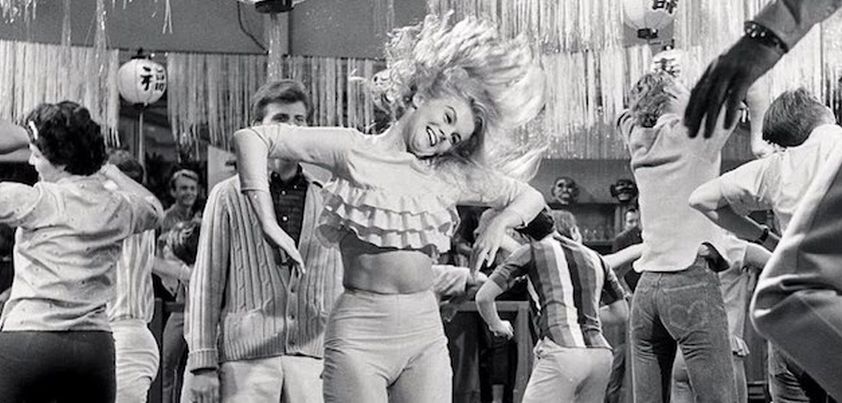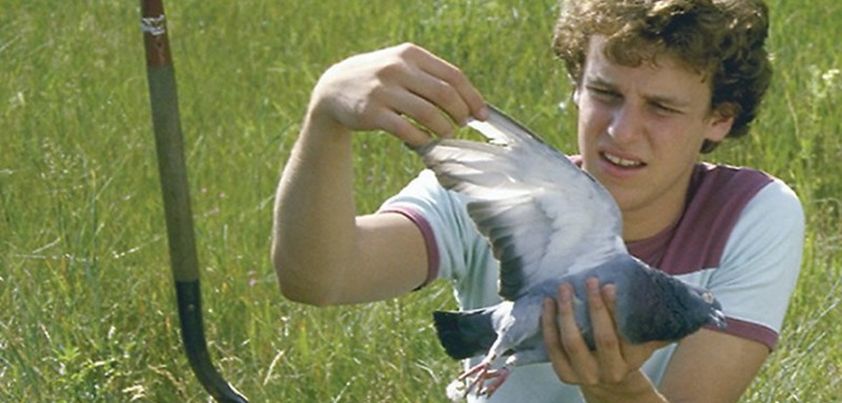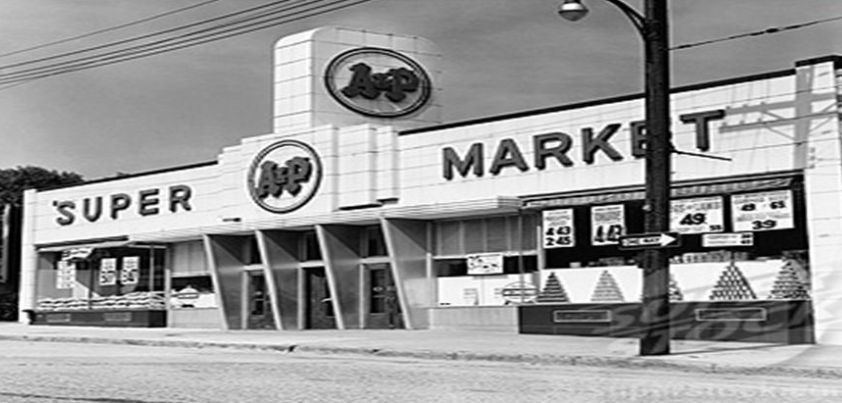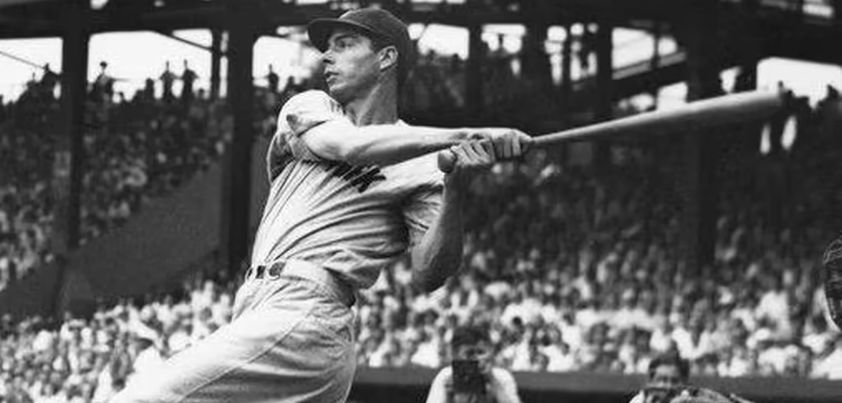 This acclaimed story from John Updike concludes with the protagonist attributing his overwhelming happiness to driving a powerful car through the stunning Pennsylvania countryside, blessed irresponsibility, a waiting girl who would marry him, and twice being trusted enough for someone to fall asleep beside him. The second-year university student is on the cusp of manhood. Observing the party he had been going to all his life the previous night taught the shy loner that he, along with his friends, have out-grown childhood and need to move on with their lives. Themes: solitude, nostalgia, transition (from childhood to adulthood), looking ahead. More…
This acclaimed story from John Updike concludes with the protagonist attributing his overwhelming happiness to driving a powerful car through the stunning Pennsylvania countryside, blessed irresponsibility, a waiting girl who would marry him, and twice being trusted enough for someone to fall asleep beside him. The second-year university student is on the cusp of manhood. Observing the party he had been going to all his life the previous night taught the shy loner that he, along with his friends, have out-grown childhood and need to move on with their lives. Themes: solitude, nostalgia, transition (from childhood to adulthood), looking ahead. More…
Archives
Pigeon Feathers
 John Updike’s Pigeon Feathers is a web of conflicts and satire. The central conflict is thirteen-year-old David’s crisis of faith, which he ultimately resolves through an epiphany born out of bloody violence. David’s questioning leads to conflict with the family church minister, who dismisses his concerns by inanely equating Heaven to the “goodness” of Abraham Lincoln. Unresolved conflicts include country vs. city living, and the organic (the land has a soul) vs. chemical (the earth is nothing but chemicals) farming debate between David’s parents. Themes: environmentalism, aging and death, family, isolation, spirituality, science vs. religion, the wonder of nature, faith. More…
John Updike’s Pigeon Feathers is a web of conflicts and satire. The central conflict is thirteen-year-old David’s crisis of faith, which he ultimately resolves through an epiphany born out of bloody violence. David’s questioning leads to conflict with the family church minister, who dismisses his concerns by inanely equating Heaven to the “goodness” of Abraham Lincoln. Unresolved conflicts include country vs. city living, and the organic (the land has a soul) vs. chemical (the earth is nothing but chemicals) farming debate between David’s parents. Themes: environmentalism, aging and death, family, isolation, spirituality, science vs. religion, the wonder of nature, faith. More…
Separating
 Marriage break-ups, especially where children are involved, can be stressful for all concerned. John Updike’s Separating is written from a self-absorbed husband/father’s point of view. Ironically, despite Richard’s inferred infidelity, Updike reverses traditional gender roles by painting him as the weepy, emotional victim and his wife Joan as the heartless, unforgiving partner pushing for separation. The children demonstrate varying levels of understanding and acceptance. Older son Dickie’s “romantic” kiss highlights the confusion among them, and Richard’s shallowness finally shows through in his inability to answer Dickie’s obvious question. Themes: family, marriage, separation, anguish, guilt, confusion, regret. More…
Marriage break-ups, especially where children are involved, can be stressful for all concerned. John Updike’s Separating is written from a self-absorbed husband/father’s point of view. Ironically, despite Richard’s inferred infidelity, Updike reverses traditional gender roles by painting him as the weepy, emotional victim and his wife Joan as the heartless, unforgiving partner pushing for separation. The children demonstrate varying levels of understanding and acceptance. Older son Dickie’s “romantic” kiss highlights the confusion among them, and Richard’s shallowness finally shows through in his inability to answer Dickie’s obvious question. Themes: family, marriage, separation, anguish, guilt, confusion, regret. More…
A&P
 John Updike’s A&P reflects some common Middle American attitudes before the social upheavals of the 1960s. A supermarket employee (Sammy) resigns when three girls in swimsuits are rudely asked to leave the store. Themes include appearance, respect, sexuality, humiliation, class and choices. I don’t share the common interpretation that Sammy’s actions are heroic. The misogyny evident in his denigrating, sexist descriptions of the girls and cruel references to other customers suggest that he is not as righteous as he makes out. Would such a person really quit because of Lengel’s treatment of the girls, or could there be another reason? More…
John Updike’s A&P reflects some common Middle American attitudes before the social upheavals of the 1960s. A supermarket employee (Sammy) resigns when three girls in swimsuits are rudely asked to leave the store. Themes include appearance, respect, sexuality, humiliation, class and choices. I don’t share the common interpretation that Sammy’s actions are heroic. The misogyny evident in his denigrating, sexist descriptions of the girls and cruel references to other customers suggest that he is not as righteous as he makes out. Would such a person really quit because of Lengel’s treatment of the girls, or could there be another reason? More…
The Slump
 In this story by John Updike, a professional baseball player tries to analyze why he is no longer hitting the ball as well as he used to. He was recruited for his batting, and is worried about losing his position on the team. He identifies that the problem is psychological (in the batting cage I own the place) and concludes that he has lost his passion for the game because it has no meaning for him anymore. Themes include self-knowledge, pressure to succeed (dread), liberation, the fleeting nature of fame, frustration, futility, shame, existentialism. More…
In this story by John Updike, a professional baseball player tries to analyze why he is no longer hitting the ball as well as he used to. He was recruited for his batting, and is worried about losing his position on the team. He identifies that the problem is psychological (in the batting cage I own the place) and concludes that he has lost his passion for the game because it has no meaning for him anymore. Themes include self-knowledge, pressure to succeed (dread), liberation, the fleeting nature of fame, frustration, futility, shame, existentialism. More…